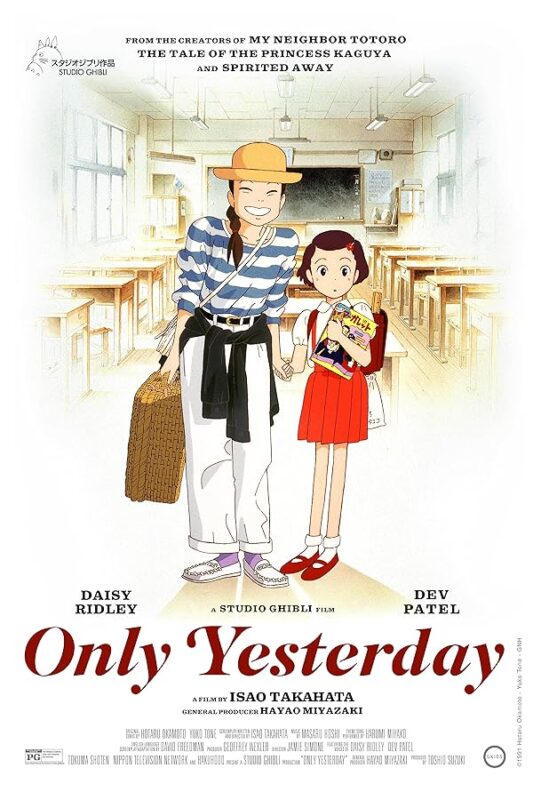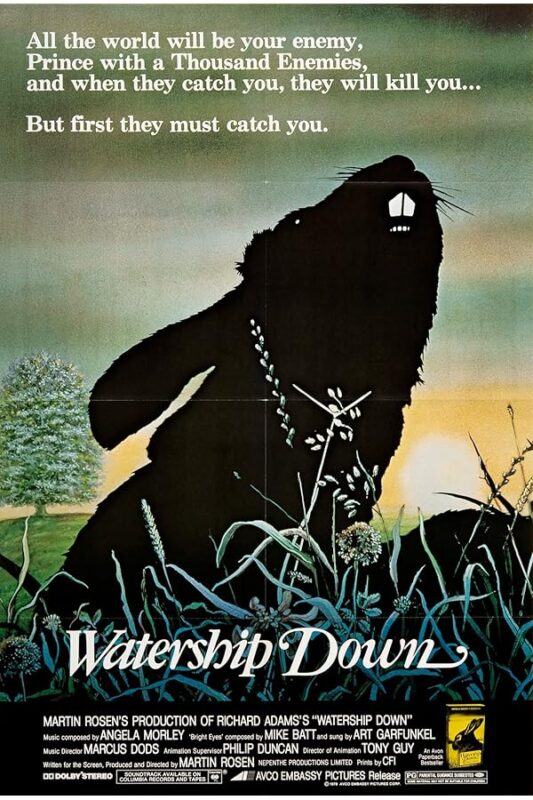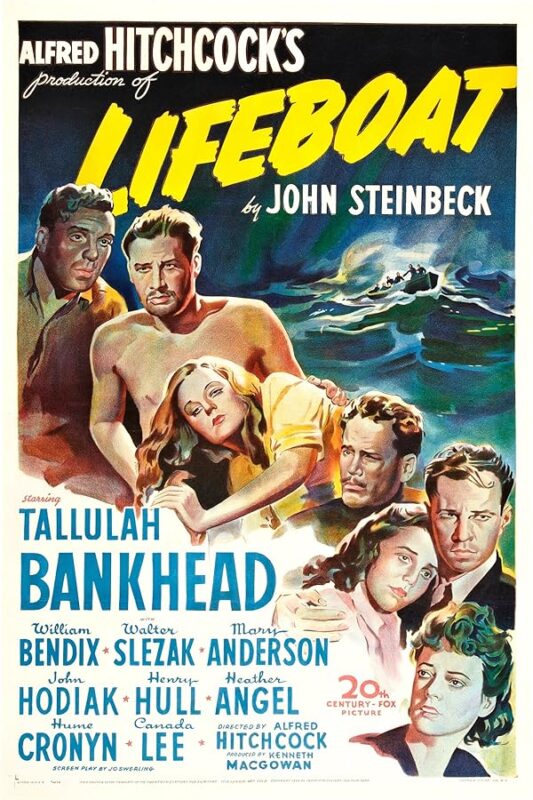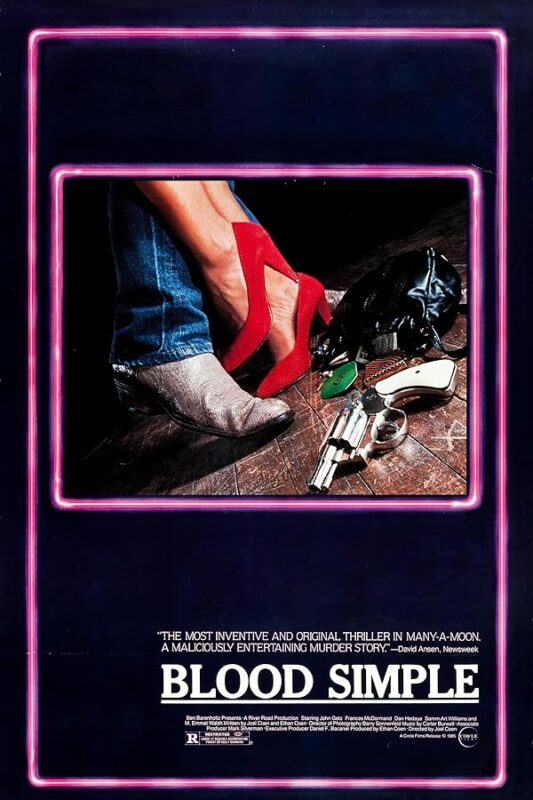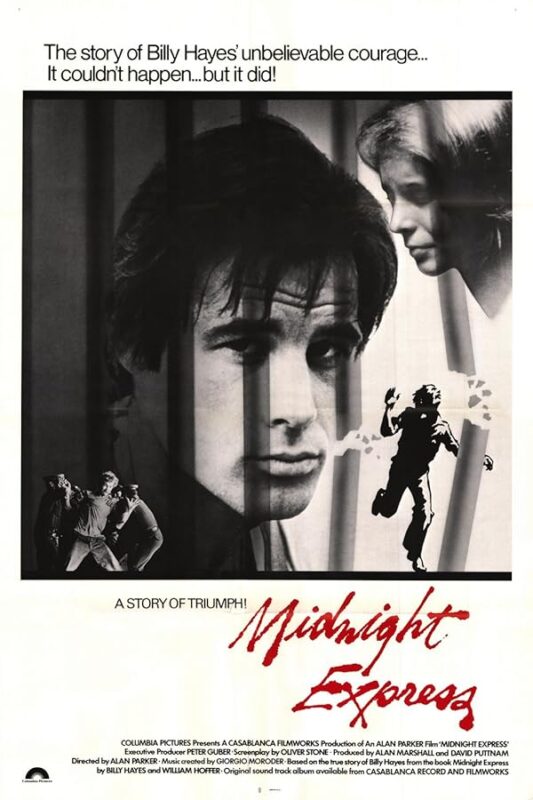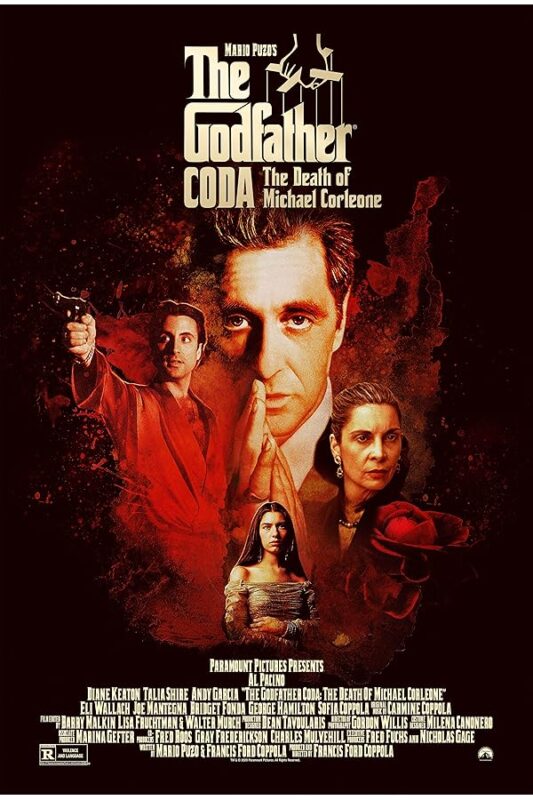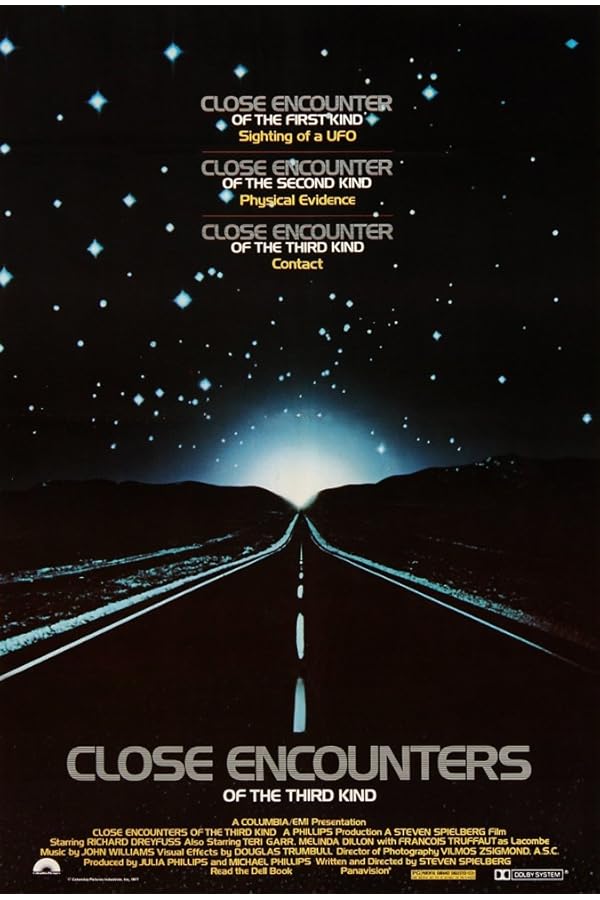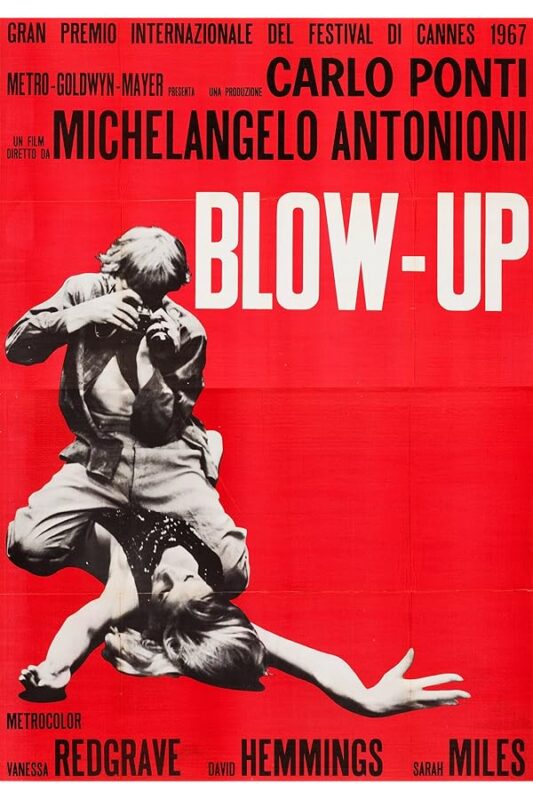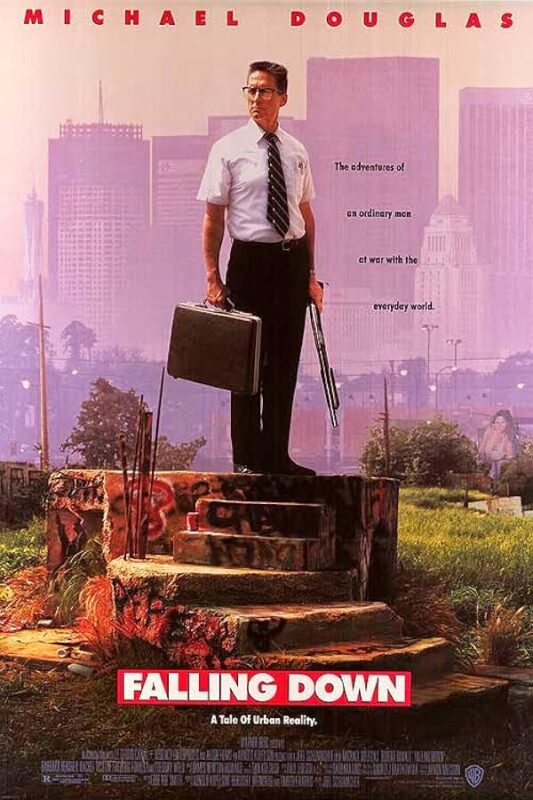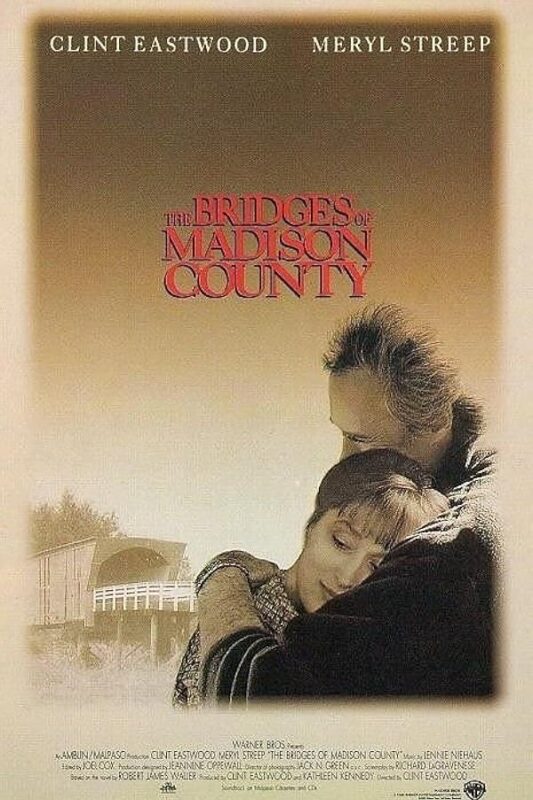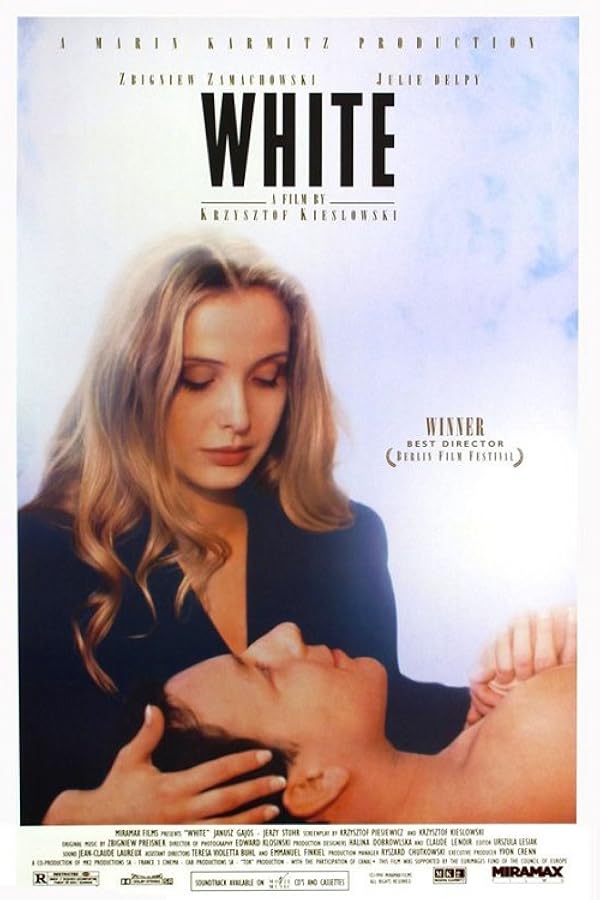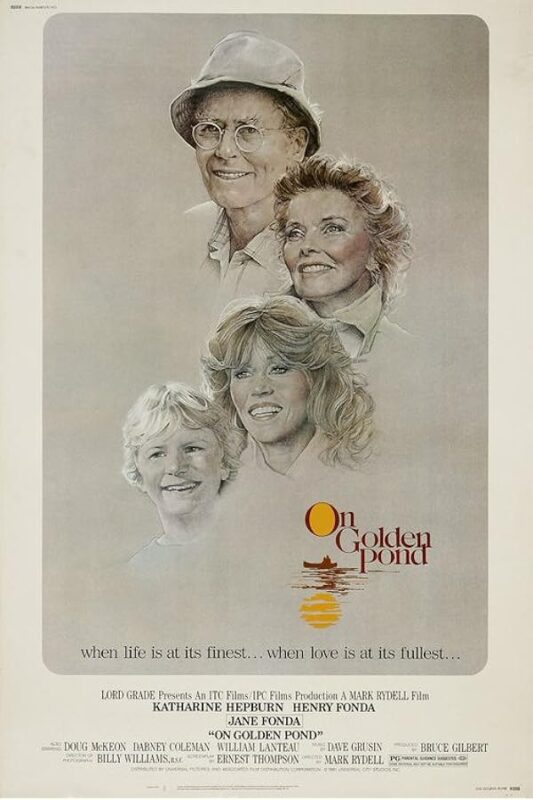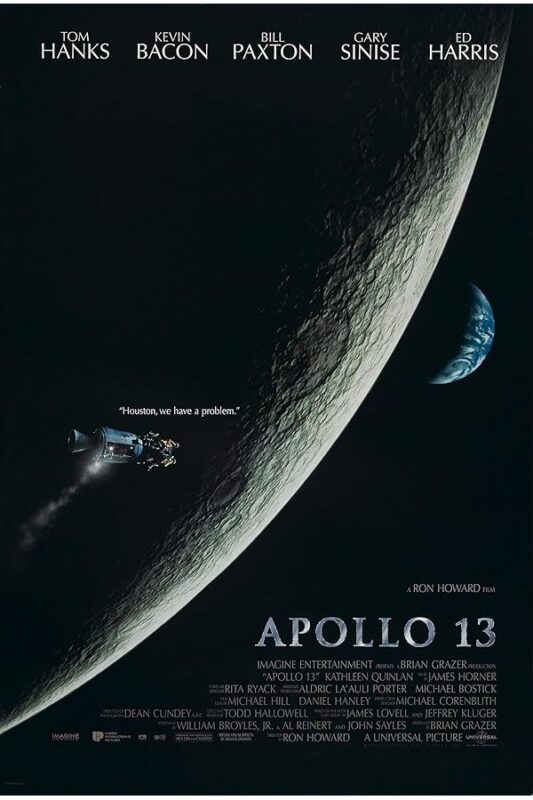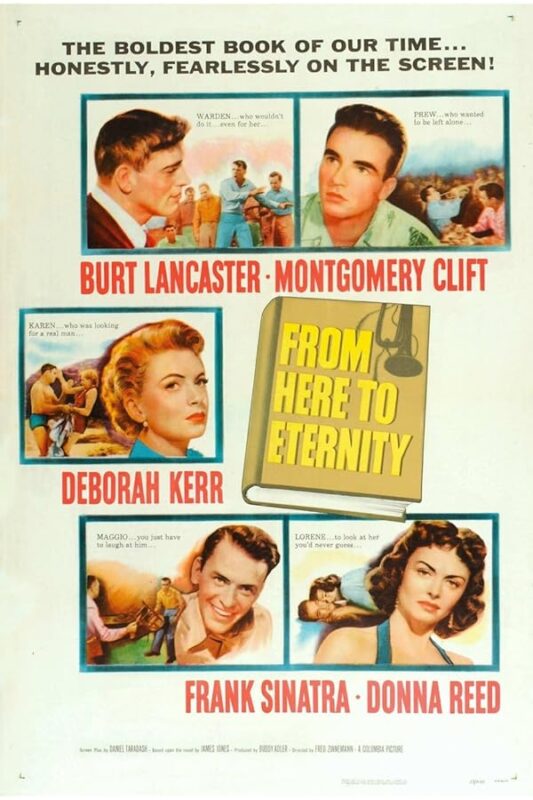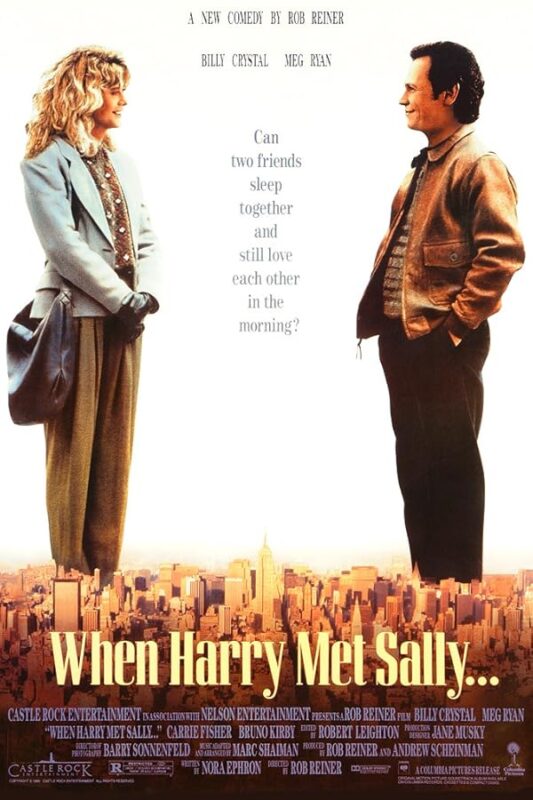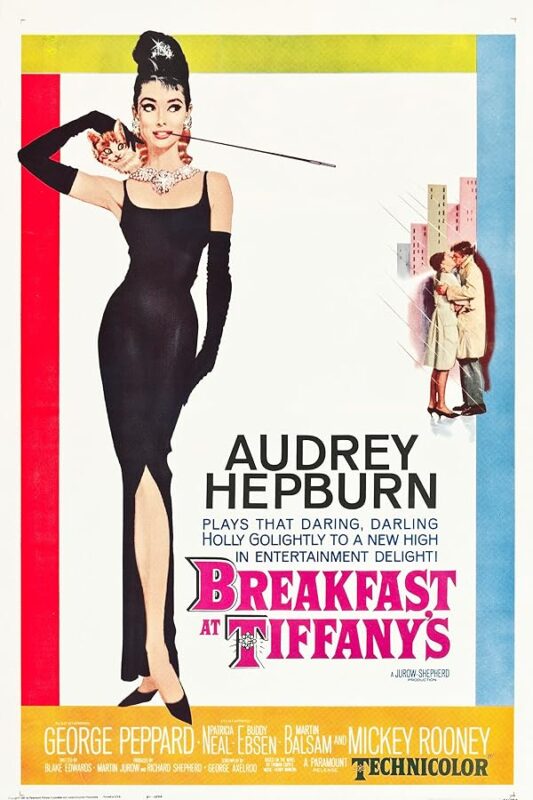Content Warnings
- 🟢 20/100 Brief scene with a woman in a bathrobe, no explicit nudity.
- 🟡 30/100 A character slaps another in an emotional confrontation.
- 🟢 10/100 Mild language used in a tense moment.
What is the plot of the movie Okuribito (2008)?
Okuribito (2008), also known as Departures, follows the story of Daigo Kobayashi, a cellist who loses his job and returns to his hometown. He stumbles upon a job as a 'nokanshi' or encoffineer, someone who prepares the deceased for burial. Through this profession, he learns about life, death, and reconciliation with his own past.
Who are the main actors in Okuribito (2008)?
The main actors in Okuribito (2008) include Masahiro Motoki as Daigo Kobayashi, Ryôko Hirosue as Mika Kobayashi (Daigo's wife), Tsutomu Yamazaki as Ikuei Sasaki (Daigo's boss), and Kazuko Yoshiyuki as Tsuyako Yamashita (a bathhouse owner).
What awards did Okuribito (2008) win?
Okuribito (2008) won the Academy Award for Best Foreign Language Film at the 81st Academy Awards. It also received numerous other accolades, including several Japan Academy Prizes.
What themes are explored in Okuribito (2008)?
Okuribito (2008) explores themes of life, death, dignity, and reconciliation. The film delves into the cultural significance of the encoffining ritual in Japan and how it helps the living come to terms with loss while honoring the deceased.
Is Okuribito (2008) based on a true story?
No, Okuribito (2008) is not based on a true story. However, it is inspired by the novel 'Coffinman: The Journal of a Buddhist Mortician' by Shinmon Aoki, which provides insight into the profession of nokanshi.



